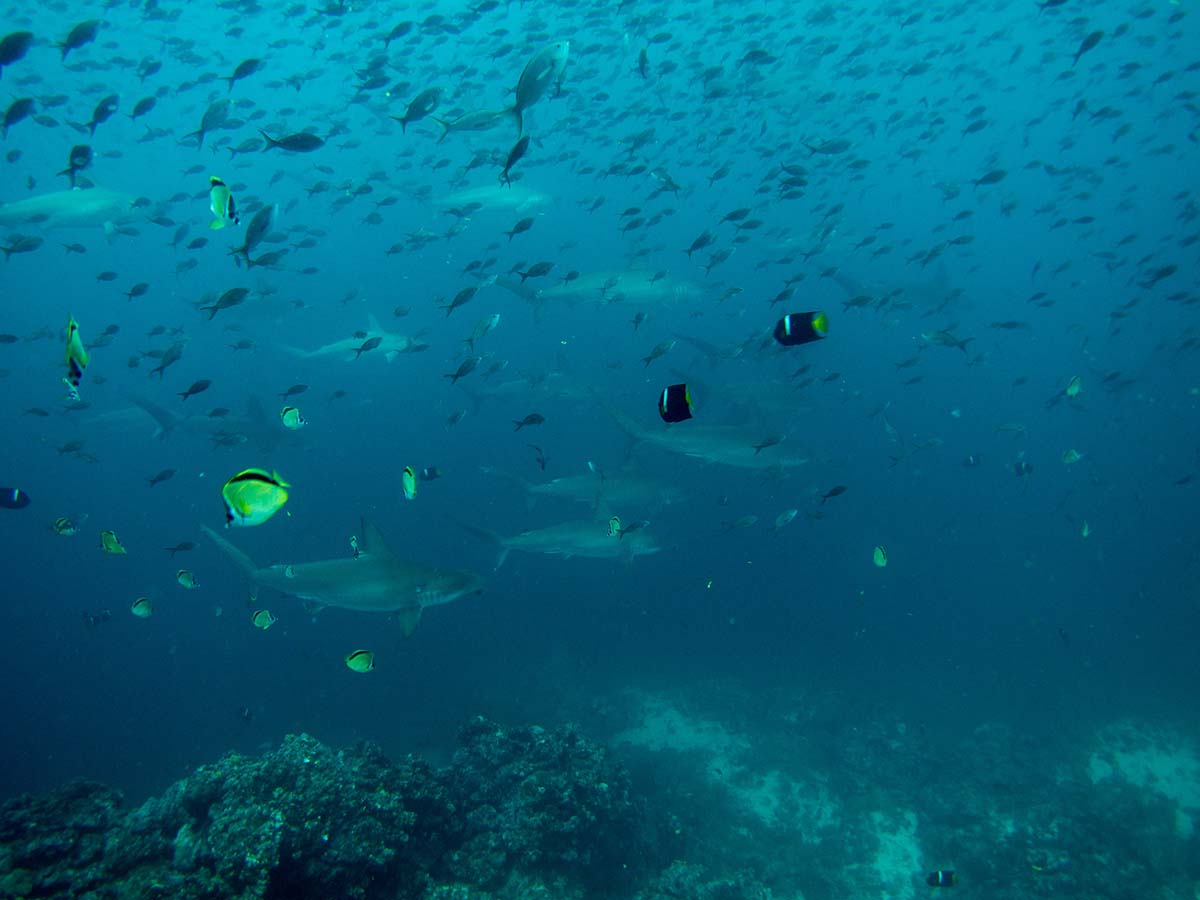
Ecuador President Guillermo Lasso declared that Ecuador will increase the area of protection for the Galapagos Marine Reserve to 60,000 km. This announcement was made at the United Nations climate summit in Glasgow, Scotland.
Lasso stated that the reserve will increase by nearly 50% from its current 130,000-square-kilometers. The newly established reserve in Ecuador would be expanded northward to include Cocos Ridge. It would also ban all industrial fishing and subsistence fishing in certain areas. The move would be financed by a “debt-for-conservation swap,” according to Lasso, whereby Ecuador’s external debt could be forgiven in exchange for local investment in conservation programs. He didn’t provide any further details. The country’s debts are nearly USD 46 billion (EUR 397 billion), which is equivalent to 45 per cent of its GDP.
“We have an historic announcement for our country, and the world. He said that it has to do the Galapagos Islands, its surrounding waters, which are a treasure trove of biodiversity and a true living lab. After a lengthy dialogue, all sectors have come to an agreement on the establishment of a new reserve. This will help not only protect its biodiversity but also combat climate change.
According to UNESCO (the United Nations educational and cultural agency), the Galapagos Islands is one of the most vulnerable places to climate change. The Galapagos Marine Reserve is a rich area for marine life, as well as a hotbed for life on the planet. However, illegal, unreported and unregulated (IUU), fishing has caused significant damage. Around 300 ships , mostly Chinese-flagged, began fishing in the area around the Galapagos. The fleet continued fishing in South America’s waters near the borders of Argentina, Chile, and Peru for several months.
Ecuador and Canada signed an agreement at the end 2020 to use cutting-edge technology, satellite data, and satellite data to track dark ships. Dark vessels are those whose location devices have been turned off in order to avoid monitoring, control and surveillance by authorities. Canada donated the technology to Ecuador to help preserve the Galapagos Marine Reserve.
A leaked document originating in the U.S. Department of Homeland Security Office of Intelligence and Analysis suggested that a multilateral coalition be formed with South American countries, led by the U.S. to confront China’s IUU activities.
Leave a Comment